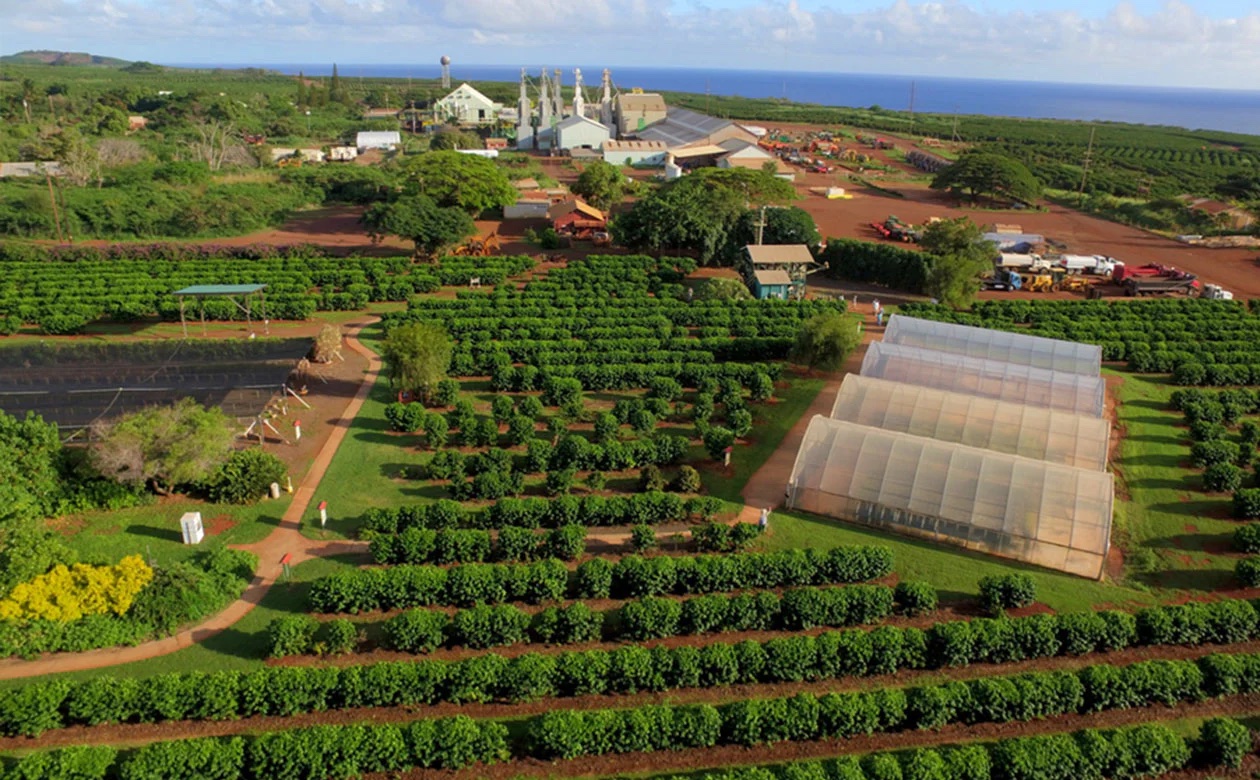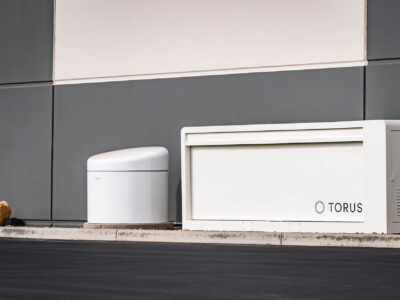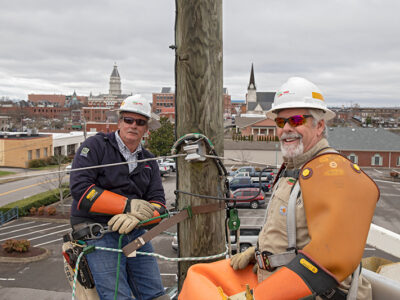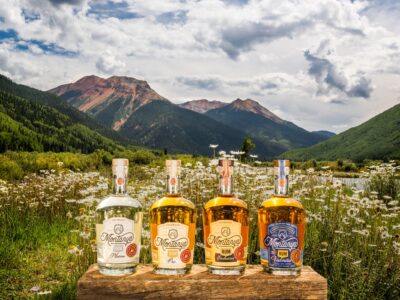Kauai Coffee Company began in the early 1800s as the McBryde Sugar Company, one of the first sugar farmers in Hawaii. Today, it’s the state’s — and the United States’s — largest coffee producer. With more than 3,100 acres of land, Kauai strives to use top sustainability practices, especially as Hawaii is battling climate change-related natural disasters.
Kauai transformed into a coffee farm in 1987, becoming the largest diversified agricultural project in 50 years. When Hurricane Iniki struck the islands in 1992, the damage was so severe it seemed like the farm was doomed to collapse. However, by 1996, the crop came back in full force. Since then, Kauai has thrived.
The farm picks beans from mid-October through early December, working three shifts across 24 hours a day, seven days a week. Due to the microclimates on the island, the beans are scouted daily to ensure they are ripe enough, the company explains.
Once harvested, the coffee cherries go through wet processing to separate them by ripeness. Kauai says they average around 650,000 pounds of cherries daily.
Next, the cherries are pulped to remove beans from the fruit. After being dried for 18–36 hours, the Hawaii Department of Agriculture mills, grades, and sorts the beans. All that’s left to do is ship out orders. The process ensures Kauai customers are getting the highest-quality coffee.
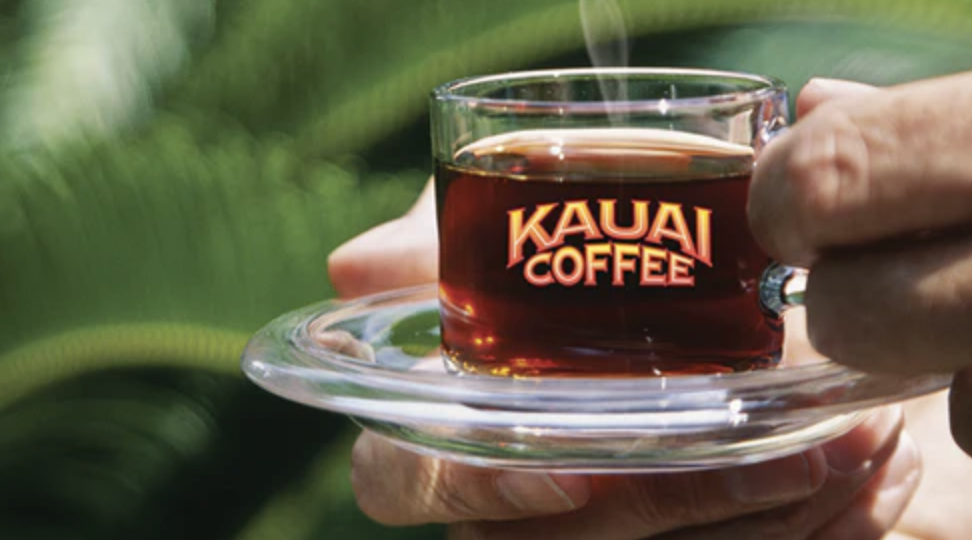
Photo Courtesy Kauai Coffee Company
These processes take a lot of employees, time, resources, and energy. To keep its carbon footprint low, Kauai has several sustainability strategies to conserve water, reduce natural waste, and promote sustainability across the global coffee network.
In a series of blog posts, Kauai explained what sustainability means to them and how they will commit themselves to conservation, social equity, and good working conditions.
“Sustainability is sometimes a word that gets overused, but as stewards of the land and our natural resources, we feel a critical responsibility to care for our soil, water, and team in a way that makes our coffee better and community stronger,” Fred Cowell, general manager, said in a blog post.
Synthetic fertilizers were phased out to enrich the health of the 3,100 acres. In place are cover crops that protect the coffee trees. A mix of grass, nitrogen-fixing legumes, and deep-root plants increases soil fertility, moisture retention, microbiology, and organic matter. Cover crops also reduce water needs by 20%.
Around 4 million pounds of pulp and processing byproducts are composted into soil. All the food and organic matter from the Visitor Center goes into the pit, too.
The compost can treat around 450 acres annually. Kauai says it monitors the compost to reduce weeds and boost soil microbiology.
Having this much land requires a lot of water. The farm has a 2,500-mile drip irrigation system that sends water and fertilizers directly to the roots of the coffee trees. No spray treatments or dusts are used, and the water from the irrigation is diverted to the wet processing facility. Filters allow the water to be reused in irrigation again. The irrigation system is a legacy left behind by the sugarcane plantations of the 1800s and pulls water from Waima at the top of the island.
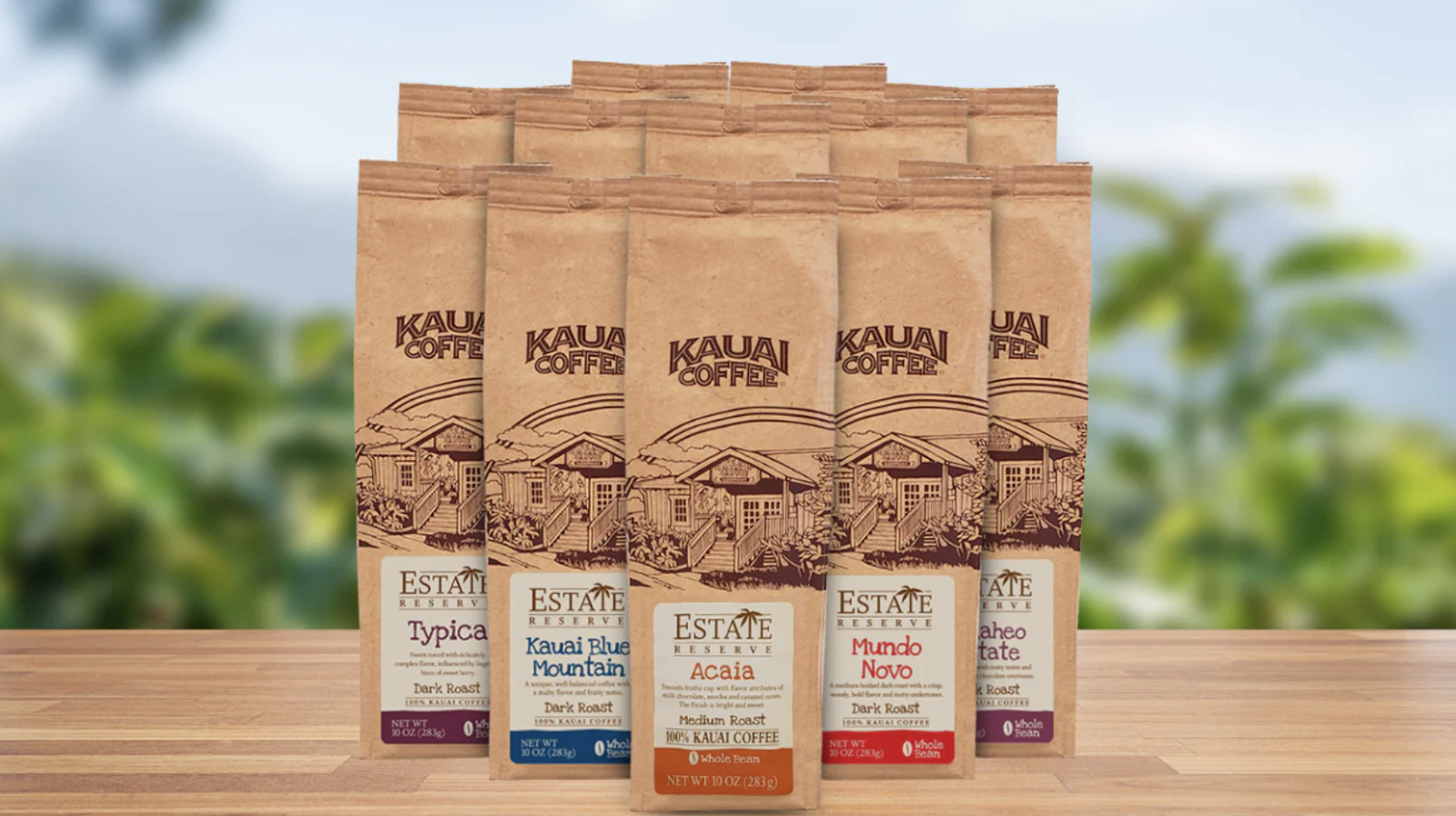
Photo Courtesy Kauai Coffee Company
All Kauai products are non-GMO certified, and coffee harvested after November 2018 is certified by the Rain Forest Alliance. The advocacy firm recognizes farms for efforts to reduce soil erosion, water use, pollution, and waste while protecting wildlife and nature.
The coffee is also Fair Trade Certified, meaning workers have safe working conditions, a fair wage, benefits, and health care. Earning a triple certification is a testament to Kauai’s commitment to eco-friendly business practices.
In 2019, the company competed in The Sustainable Coffee Challenge. More than 125 businesses collaborated to make coffee cultivation as sustainable as possible globally.
The Challenge was created by Conservation International and Starbucks and launched during the Paris climate talks in 2015. Kauai has pushed for improved labor standards, more efficient sourcing practices, agricultural sustainability, and better mapping of coffee and forests.
In 2023, Hawai’i Magazine awarded Kauai’s Coffee as the Best Coffee Grower in the All Islands category. It was the ninth year in a row the company earned the honor. “Earning this recognition for the ninth year in a row is a testament to our efforts to produce high-quality Hawaiian coffee with sustainable farming practices that create healthier soil, reduce fertilizer and herbicide use, and lessen irrigation needs,” Cowell said in a blog post.

